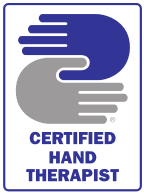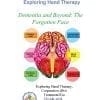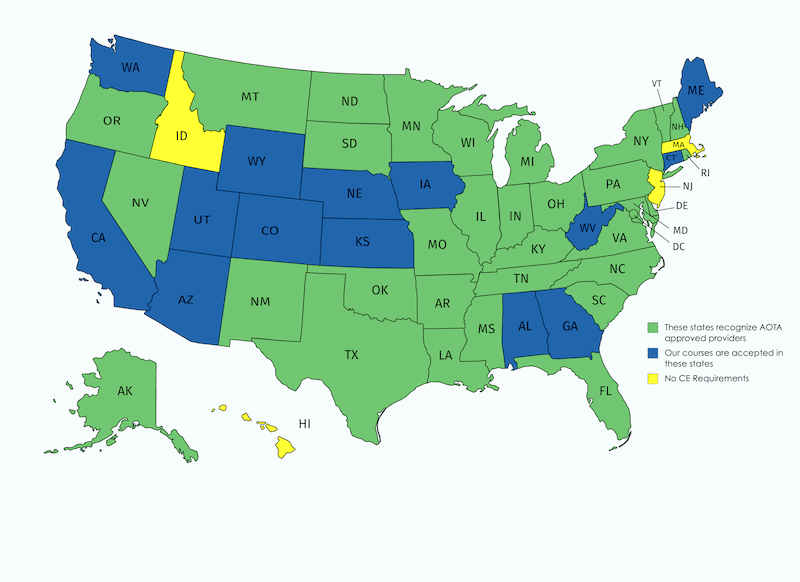
Why Words Fail in People with Dementia (OT)
| CONTACT HOURS: | 2 Hours |
| CEU: | 0.2 |
| AOTA: |
Domain of OT, OTP, Check Accreditation
|
| NBCOT®: | 2.5 PDUs |
| STATE: |
FL CE broker 20-571122 2hrs AL CE broker 20-571122 2hrs |
Do you really understand why words fail while attempting to communicate with individuals with dementia? Learn simple and effective strategies for better communication.
Buy Now
$19.99
Description
We Report to CE broker NBCOT® 2.5 PDUs
Domain of OT and Occupational Therapy Process
Do you really understand why words fail while attempting to communicate with individuals with dementia? Learn simple and effective strategies for better communication. This introductory level course will expand the knowledge base of OT professionals working in Assisted Living, Skilled Nursing, Memory Care, Home Care agencies, private practice and related senior centered facilities, on the critical neurology behind language – comprehending, processing and speaking – as it relates to their residents’ abilities to understand and communicate.
This course will offer information on the neurology behind the developmental acquisition of language in children, and why language fails as the brain deteriorates with most dementias, especially Alzheimer’s.
Through this course, the clinicians are instructed in alternative ways to help educate caregivers, both staff and family members, on why certain verbal and non-verbal approaches are effective and preferential, while others are disastrous.
User-friendly terminology is provided in this course for occupational therapists and assistants to adopt when helping family members and caregivers. Too often great information is lost in translation because the knowledgeable staff members disregard the make up of their audience.
This introductory level online digital bookl course which will delineate varied strategies to help individuals with dementia and Alzheimer’s to maintain connections while incorporating the use of the five senses. Each of the five senses-Touch, Hearing, Sight, Smell and Taste-will be detailed as to the chemistry and neurology behind how they trigger and sustain memories. Must pass (80%) online exam to redeem your AOTA APP certificate. Instructional Method: Online digital book. Online book is good for 365 days from date of purchase.
Objectives
- Determine what constitutes genuine language and conversely what is not language as it relates to adults with memory issues.
- Review the developmental stages of language acquisition in children.
- Recognize the intricate neurology behind language including Wernicke’s, Broca’s Areas and the Arcuate Fasciculus.
- Determine potentially overlooked information and unique and/or innovative techniques designed to enhance not only your communication skill set but additionally to share with others in your charge.
- Review why word overuse fails and what people with dementia need to better process what is said to them.
- Recognize the use of effective non-verbal communication.
- Observe the KISS concept in communication: “Keep It Simple Stupid!”
- Identify the five senses: Touch, Hearing, Sight, Smell and Taste
- Determine how each sense facilitates connections with the deeply forgetful in lieu of verbalizing.
Outline
- Overview of Language
- Definition of language
- Development of language acquisition in children 0-8 years –
- Neurology: Wernicke’s and Broca’s Areas and Arcuate Fasciculus
- Blah! Blah! Blah! Too many words
- The ladies own language!
- Aphasia
- Why words fail; they literally get lost in translation
- KISS: Keep It Simple, Stupid
- Using the KISS concept in communication. “Keep It Simple Stupid!!”
- How to communicate with someone with Alzheimer’s
- When traditional words fail, try connecting through the senses
- The amazing abilities of our five senses and how to use them to communicate when words can’t:









Anonymous –
easy way to learn and effective course – thank you!